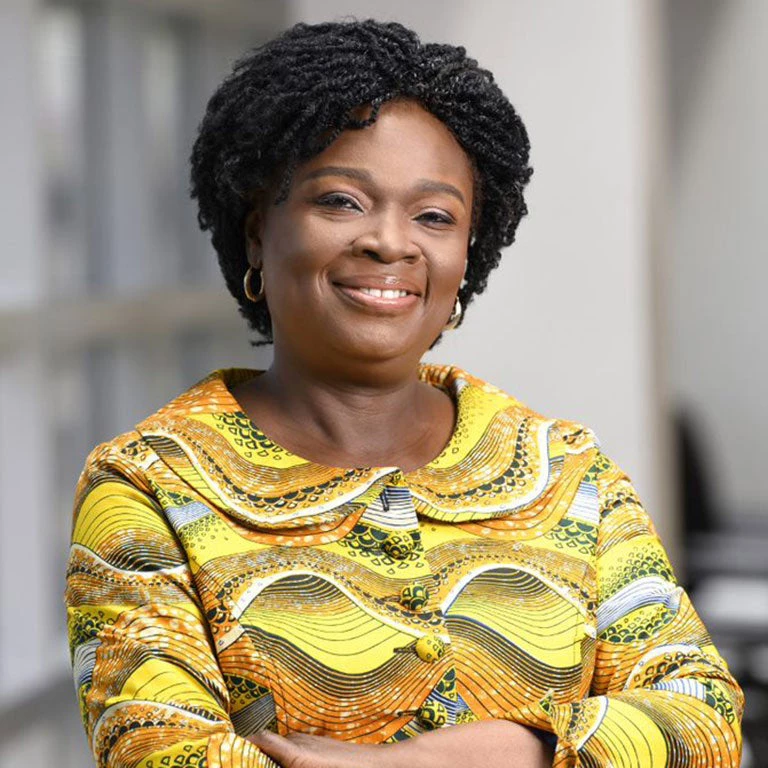 Photo: Shutterstock
Photo: Shutterstock
This week, I am looking forward to making my first visit to Malawi with our new Managing Director for Operations, Anna Bjerde. Our visit comes at a time when the country is still recovering from the devastating impacts of Tropical Cyclone Freddy, which led to the tragic loss of many lives, displaced hundreds of thousands of people, and destroyed a great deal of the country’s infrastructure.
Through our visit we hope to express our solidarity with the people of Malawi. We also hope to show our commitment to supporting efforts to reconstruct and build resilience to help Malawi identify pathways to economic recovery. We will engage with a range of stakeholders including the government, youth, and women leaders.
With over 1,000 lives lost, hundreds of thousands displaced in camps, and roads, bridges, schools, hospitals, and powerlines damaged, this is the worst cyclone to have ever hit the country. It is also the latest in a series of shocks that are impacting both lives and livelihoods of the poorest and most vulnerable people, as well as the prospects for long-term inclusive growth. For each of the crises – whether COVID-19, the 2022 cyclones Ana and Gombe, the year-long cholera outbreak– the World Bank has stepped up with additional resources to support Malawi’s emergency response and systems-building for more durable solutions with the following:
- $87 million for COVID-19 response, vaccines, and systems strengthening.
- $60 million for the rehabilitation of the Kapichira Dam, supporting one-third of Malawi’s installed electricity capacity.
- $100 million to protect front line essential health services in the face of cholera.
- $110 million for social protection programs in response to food insecurity, cholera, and (now) Cyclone Freddy.
- The Bank has also activated emergency contingency measures worth $47m to purchase 65,000 metric tons of maize and emergency medical supplies in the context of food insecurity and cholera.
Setting policy foundations is critical for the recovery to be sustainable and inclusive. We commend the Government of Malawi for initiating important economic reforms and we urge the government to stay on course. Malawi has built up significant macro-economic imbalances, leading to the build-up of unsustainable debts, both domestic and external, and leading to forex and fuel shortages as well as high levels of inflation. This situation underlines the need to strengthen fiscal governance and implement structural measures to incentivize private sector investment, particularly in new agribusiness ventures.
The Bank’s response to Freddy is multi-phased and multi-sectoral. Immediately following the cyclone, the World Bank made project funds available to support clearance of debris, supply of clean water, and finance fuel for search and rescue. The Bank has activated two Contingent Emergency Response Components (CERC) which allow the quick re-direction of project funding – for maize supply and essential medicines− to the southern region, where they are most needed now. Reconstruction after Cyclone Freddy will require immediate and longer-term support. The Bank, working closely with the UNDP and the European Union, supported a Post-Disaster Needs Assessment (PDNA) which estimates loss and damages of around $600 million and recovery needs of $700 million.
Historical disaster events in terms of affected population and GDP growth
Beyond the strength and scope of the cyclone itself, one of the main explanations for the high cost is the damage to Blantyre, Malawi’s commercial capital. Anna and I will therefore visit the site of a major landslide, Soche Hill in Blantyre, to see the impacts, listen to the experiences of the affected people and convey our sympathy and support.
Recognizing the need for urban resilience in Blantyre, the Bank had already prepared a $145 million grant which will enable the Water Board and Blantyre City Council to address some of the underlying structural issues that can help build resilience to external shocks in water supply and sanitation, targeting assistance towards nearly half a million residents.
As highlighted in the recently published Malawi Climate Change and Development Report (CCDR), these kinds of disasters have become increasingly frequent and increasingly impactful over the last two decades (see graphic below). This calls for focus on building infrastructure that can withstand climate shocks, reversing widespread land degradation, and minimizing the impacts climatic events have on labor productivity and household livelihoods.
Looking ahead to the longer term, the Bank is also preparing a comprehensive crisis response and resilience program to help Malawi build-back-better while also scaling up critical work on degraded landscapes to ensure a durable solution. The compounded effect of the “poly-crisis” that Malawi has experienced has been extreme: with growth projected to decline to 0.9% in 2022, from 2.8% in 2021 coupled with lower agricultural output, erratic electricity supply, forex shortages affecting importation of raw materials and high global commodity prices. A recent Business Pulse Survey commissioned by the World Bank showed that forex availability resulted in a decrease in net operating profits for over two-thirds of surveyed firms and for almost 1 in 5 firms the impact on profits was described as “catastrophic”.
All this sounds bleak. Following the World Bank Spring Meetings, I am encouraged by the discussions I had with the Malawi delegation. Anna and I hope to build on the important opportunities for collaboration during this visit. I am convinced that the Government of Malawi is well-positioned to take on these challenges.
Lastly, as has been the case with visits to other countries in the region, the objective of this trip is ultimately to listen to the people of Malawi and to exchange ideas with a range of stakeholders on what we as the World Bank can do better to support the country and its people to realize a resilient, inclusive, and prosperous future. Zikomo kwambiri.




Join the Conversation